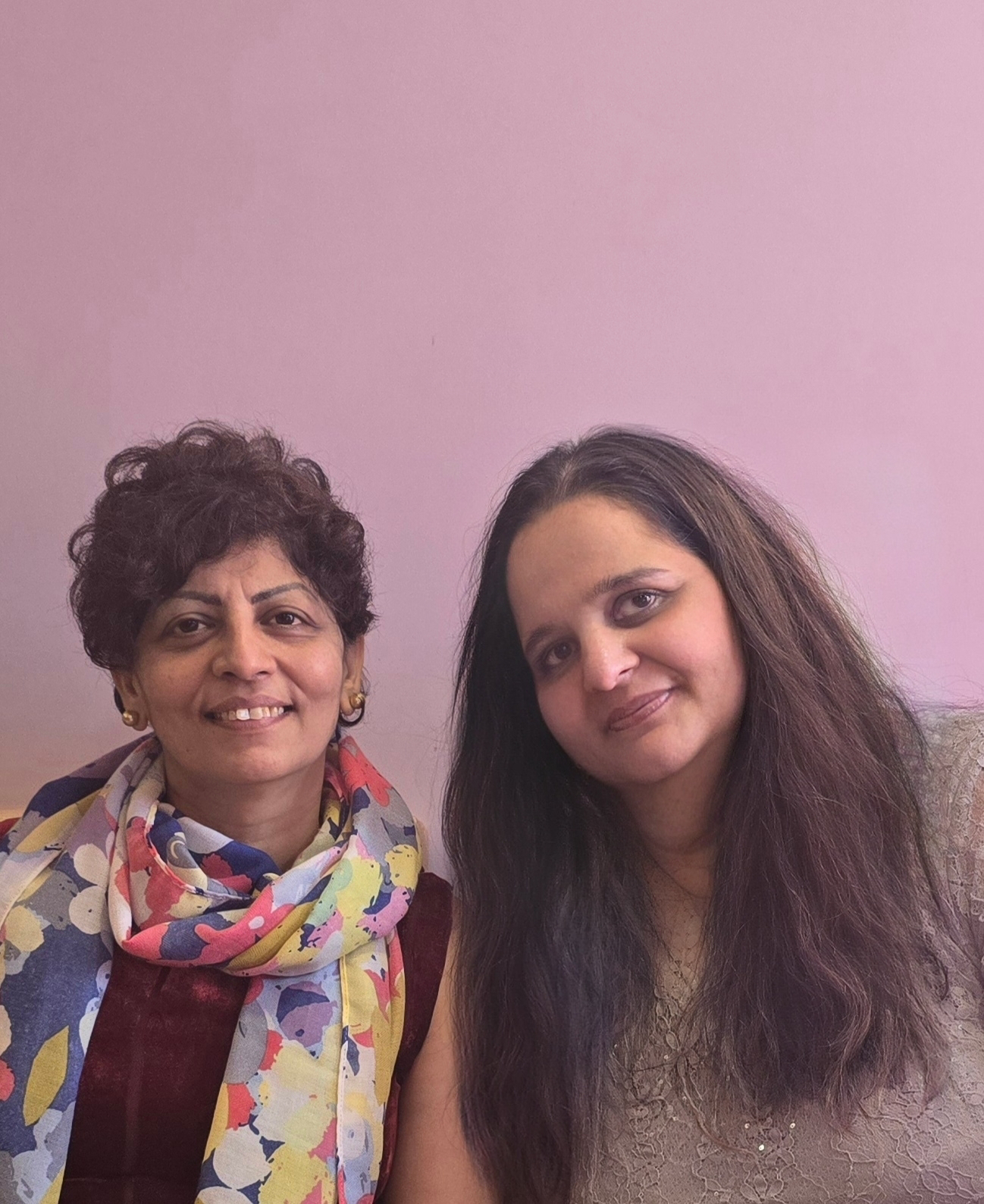Life Skills & Narratives : The Snake & The Saw
Life Skills and Narratives: The Snake and The Saw...
Allow me to share a brief anecdote...
There was once a snake that accidentally brushed against a sharp saw, causing more fury than physical harm.
Consumed by thoughts of why the saw had grazed him, the snake convinced himself that it was a deliberate act to provoke him.
Driven by a sense of vengeance, the snake fiercely bit the saw, only to realize the pain in his own jaw. Enraged further, he decided to coil around the saw, believing he could gain an advantage.
However, in his blind anger, he failed to realize the harm he was causing to himself. Despite his escalating efforts, the snake's actions led to his tragic demise, succumbing to the wounds inflicted by the saw.
When we are hurt by others, whether intentionally or accidentally, our minds tend to spiral into overthinking and reactive responses. Unfortunately, these reactions often result in further pain for ourselves.
It is essential to clarify that advocating for oneself is non-negotiable. However, the key lies in responding maturely to situations rather than reacting impulsively out of anger. While there are instances where confrontation may be necessary, it is equally important to recognize that sometimes, choosing to ignore or walk away can be a strategic victory.
Such a choice shields us from self-inflicted harm and preserves our well-being. A valuable insight about the detrimental effects of reactive anger here, highlights the importance of restraint in challenging situations.
It's a reminder of what not to do when confronted with adversity.
Anger, much like joy, plays a significant role in our lives.
When we encounter emotional, mental, or physical agony, it's tempting to dwell on the hurt. However, healing is an active process that demands mindfulness and deliberate actions. Recognizing our own capacity for healing is pivotal.
True healing doesn't involve erasing memories or pretending everything is fine. It's about reclaiming inner peace and progressing with newfound wisdom.
Consider the analogy of a tree weathering a fierce storm in a dense forest. Despite enduring the intensity of the wind and rain, leaving visible scars like cracked bark and broken branches, the tree stands resilient. With time, it regenerates, sprouting new growth and reinforcing its defence.
This natural resilience mirrors our own journey through emotional wounds inflicted by others. Just as the tree rebuilds itself, we possess the inherent ability to heal and grow beyond our past hurts.
The key lies in our response to anger generating situations and our willingness to embark on a path of recovery, acknowledging that there may be some wounds meant to never fully mend.



Comments